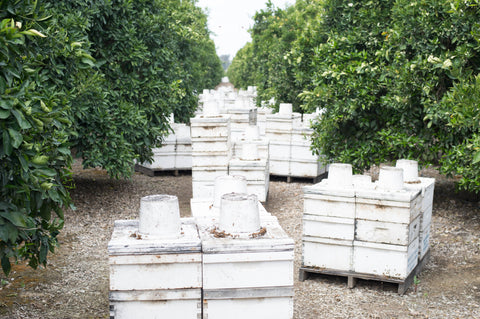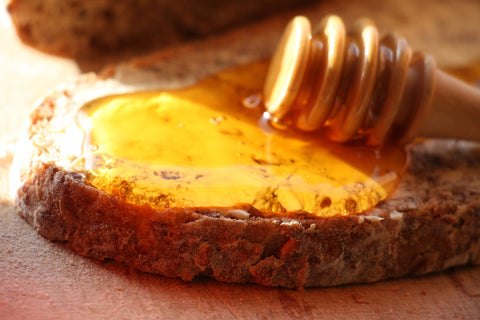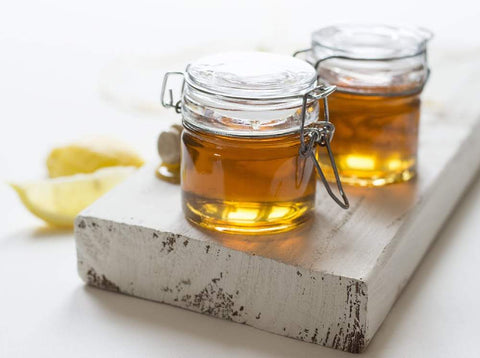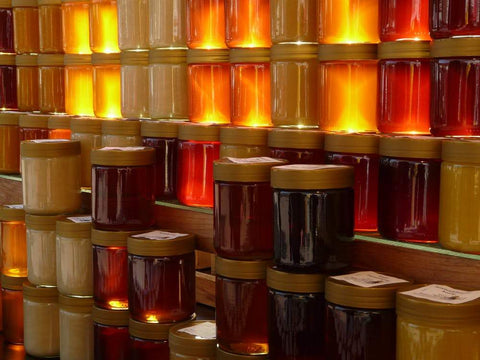Bee Blog
The crystallization of honey is often misunderstood by the consuming public. Many assume that crystallized honey has been adulterated, is of poor quality or unnatural, or has spoiled or gone bad. This is simply not so. And actually, the exact opposite holds true.
If a honey does not crystallize for a long time, with the except of certain types of honey that naturally crystallize slower or not at all (such as Acacia or Tupelo), it is often a clear indication that the honey has been adulterated, diluted, or pasteurized.

Orange blossom honey falls on the sweeter end of the honey spectrum. This variety has a somewhat subtle, citrussy smell and an overall fresh aroma. It tastes surprisingly sweet and has a delicate, slightly acidic flavor, with a taste reminiscent of citrus fruit.
If you enjoy eating orange blossom honey for its unique and delicate flavors, you will be pleased to know that it's more than just a sweet treat. Orange blossom honey, like many other honey varieties, has medicinal properties that support human health and well-being and can be used both internally and externally.

Here we are in February and everyone is starting that slow trend of letting our good intention health goals of the New Year slowly fade into the background. And in creeps in the guilt that comes with not meeting our New Years Resolutions. Whether its not having enough time to keep up with our exercise routines, or the inconvenience of trying to cook more healthy food while evading the temptation of junk food, sometimes its hard to keep with out health goals.
But what if a health goal was a simple as eating more honey in your everyday diet. Here are eight things that will happen to your body when you start eating honey daily!

While excavating ancient Egyptian tombs, archeologists have often found pots of honey amongst the tombs artifacts. And more surprising still is that these thousands of years old honey is still preserved. Over the years as archeologists have uncovered these ancient honey pots and have discovered that the honey remains unspoiled, a remarkable testament to the eternal shelf-life of honey.



